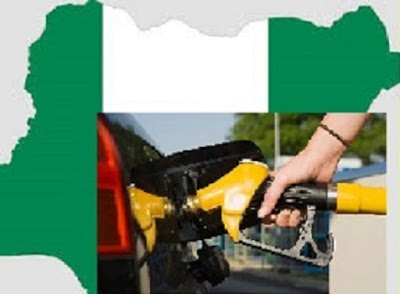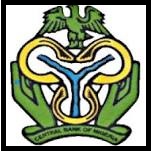NO BANK LOAN, NO FUEL IN NIGERIA
Table of Contents
Even though this is a news item,Complete Full Marks Consultants Limited (CFMC Ltd) being a financial consultant and annalist has interest in it. CFMC Ltd sees the move to deny business men loan facilities as crippling to business.
Therefore, I want to highlight the benefits of loan to business and then relate it to the current move to deny loan facilities to importers of petroleum product in Nigeria.
NO BANK LOAN, NO FUEL IN NIGERIA
- The business is guaranteed the money for a certain period
- Loans can be matched to the lifetime of the equipment or other assets the loan is for
- The loan does not provide the bank with a share in the business
- Interest rates may be fixed for the term, making it easier to forecast interest payments
CFMC Ltd Advice on Debt Management:
However, If you have obtained loans for your business and unfortunately the loan is now classified as non-performing, meaning it is up to 90 days and above since last payment, CFMC Ltd would like you to consider any of the following measures to address this challenge.
Reschedule Your Debt: when you borrow and fail to repay the loan instalments according to the terms and conditions agreed upon, you can request for a reschedule of the debt. This means you reschedule the repayment terms only and the loan continues to run.
Restructure Your Loan: Restructuring is a process of adjusting the conditions of the existing loan. In most cases it is replacement of the old loan contract. So, I can say restructuring is a completely a new loan as it requires all the documents to be modified
NO BANK LOAN, NO FUEL IN NIGERIA
Debt Swap Measures: A debt swap is a transaction in which the obligations or debts of a company or individual are exchanged for something of value.
Pay your debt: Find resources to pay your debts. Work hard and earn much and plan how to pay your debts.
Remember that Debtors can always embarrass you at any time. If you read the next sub-topic, the gist on the fuel importers ordeal with the banks in Nigeria, you will appreciate the professional advises CFMC Ltd has given here.
THE NIGERIA’S FUEL IMPORTERS BANK LOAN GIST
BANK LOAN FOR FUEL: A very authoritative source to us has revealed that Banks will no longer extend lending facilities to importers and marketers of petroleum product in Nigeria. This is because the downstream sector loan from the banks which are over $2.2 billion are not or poorly serviced which in turn is affecting liquidity in the banking system.
 |
| BANK LOAN FOR FUEL |
It is feared that this measure will affect petroleum product supplies which could cause products scarcity. Major Oil Marketers of Nigeria (MOMAN), Independent Petroleum Marketers Association of Nigeria (IPMAN), and Depot and Petroleum Products Marketers Association (DAPPMA), have started complaining over this recent attitude of the banks. The banks itself is insisting that the operations of the financial institutions and the country’s financial system are under threat due to the loans.
READ ALSO: Stakeholders task SMEs on competitive innovation
NO BANK LOAN, NO FUEL IN NIGERIA
READ ALSO: FG Appoints Lufthansa, Five Other Advisers on Establishment of National Carrier
NO BANK LOAN, NO FUEL IN NIGERIA
Fuel scarcity in Nigeria today – Reasons
- fuel scarcity in Nigeria 2017
- history of fuel scarcity in Nigeria
- solution to fuel scarcity in Nigeria
READ ALSO: Nigeria’s Presidential Enabling Business Environment Council (PEBEC)
- The number one reason is that every fuel seller wants to get more profit.
- This fact makes them to buy fuel at lower cost , at government approved price , but go on to sell it at a higher price more than the ceiling price by the government, and because the people need fuel, they are ready to pay such great amounts.
- Distribution problems. For the marketers it is often hard to bring the fuel to every part of Nigeria. Besides, the government has favoured areas.
- Refineries are not used. The non-working of the local refineries means that the product will be imported. This means foreign exchange will be needed, bank assistance may be require one way or the other.
- The marketers don’t get enough assistance from the banks, which forced them to limit the importation of petroleum products.
NO BANK LOAN, NO FUEL IN NIGERIA
Click to go through the Checklist for company registration in Nigeria.

Deacon Anekperechi Nworgu, a seasoned economist who transitioned into a chartered accountant, auditor, tax practitioner, and business consultant, brings with him a wealth of industry expertise spanning over 37 years.



